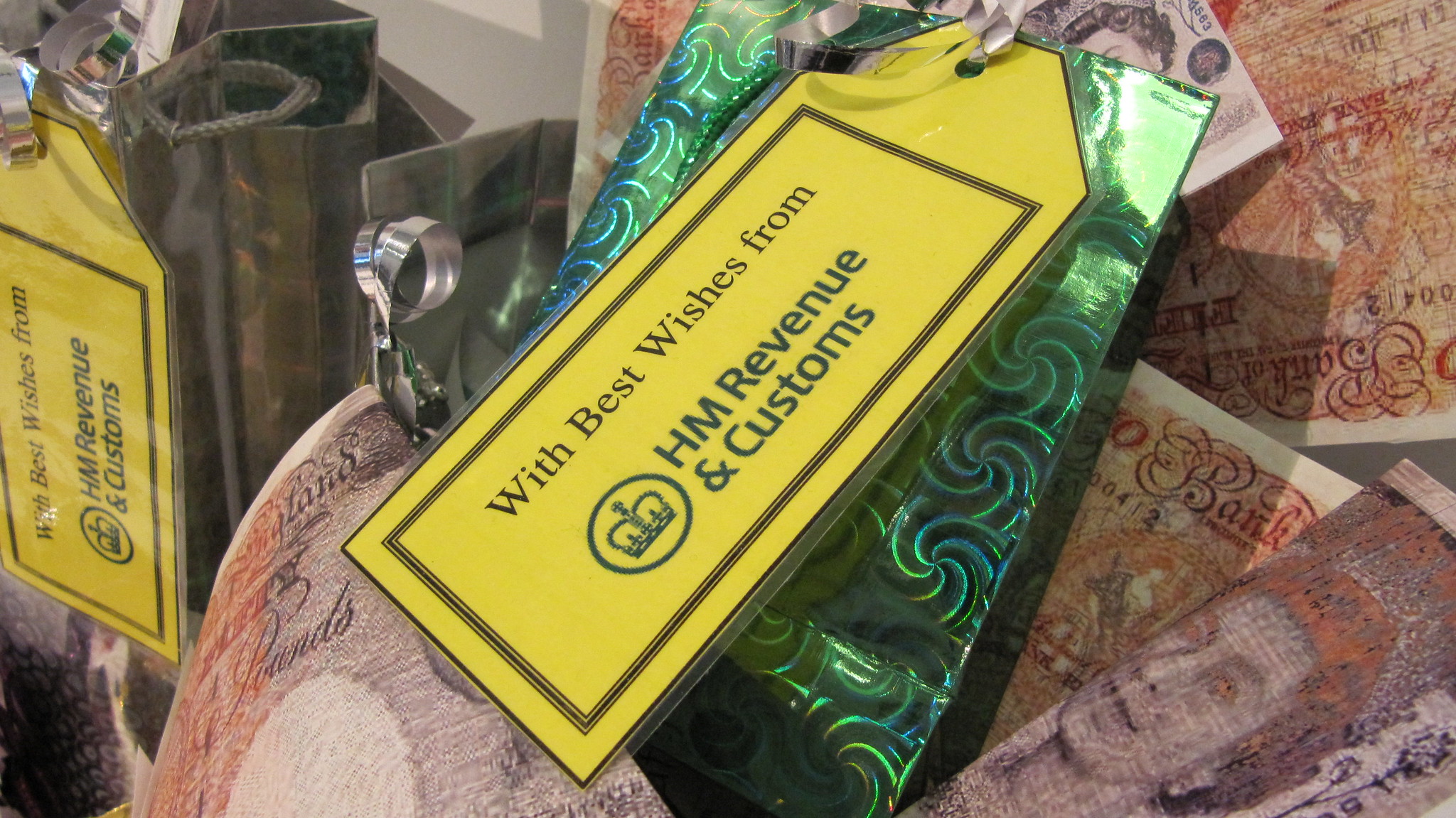Why Labour’s Tax Plans Will Be a Sharp Shock for Corporate Tax Avoiders
by Iwan Doherty
10 December 2019

Labour’s vision for the UK features a dramatic shift of power away from a corporate elite who, at present, seem to have more power than our own government. Jeremy Corbyn has railed against corporations that play by their own rules, and Labour hopes to finance a large percentage of its spending commitments by tackling the problem of corporate tax avoidance.
Tax avoidance is a key issue in British politics that parties have left untreated for decades. The current tax gap – the difference between what HMRC should collect and what it actually collects – is estimated to be £89.4bn a year. This is equivalent to the entire UK education budget, or enough to finance all of Labour’s spending pledges. Labour’s manifesto includes a new policy aimed at claiming back a chunk of this money, which is ‘stolen’ by corporations avoiding tax through a technique called profit-shifting.
Profit-shifting is how companies like Amazon and Google manage to get away with paying barely any tax. The method works by multinationals setting up subsidiaries in tax havens and registering the majority of their profits in these low-tax nations, rather than where they did the business. Ireland and Luxembourg are prime nations for this practice, but corporations like Walmart have subsidiaries all other the globe to maximise the amount of tax they can avoid.
Labour’s new policy of ‘unitary taxation’ aims to prevent profit-shifting from being an effective way of avoiding large amounts of tax. It was first proposed by Public Services International and works by taxing corporations based on where they conduct their economic activity.
Imagine a company split across three nations. In countries A and B, the company has serious economic activity employing thousands. But in addition to this, it has five accountants and a headquarters in the Cayman Islands. Under the current system, these three subsidiaries are treated separately, leaving ample room for accountants to fiddle around with the numbers to pay the least tax possible.
Under unitary taxation, the corporation is treated as one entity and would be taxed where they actually do business. Therefore, if a company produces 70% of its value in the UK, 70% of its profits would be taxable in the UK. Proponents argue this provides a just way of taxing corporations where they actually do business, meaning they pay their fair share for the public resources and services they rely on.
One serious advantage of the policy is the additional tax revenue for the UK. Labour estimates unitary taxation would bring in £6bn of additional revenue. Arguably this is a conservative estimate – research done by tax experts Sol Piccciotto and Daniel Bertosso place the upper estimate at £14bn. The actual figure would be dependent on how companies react to the new policy, but the policy nonetheless promises serious money for investment that was previously going to the richest in society, addressing the injustice that many of the largest, richest corporations in the world are paying proportionally less tax than the average business or person.
But the policy will require a fair amount of international co-operation and sceptics have voiced concerns. This is exacerbated by the fact the UK would be the ‘pilot nation’ for unitary taxation, which adds an additional challenge. Nonetheless, tax justice campaigners say the policy can still be implemented to the UK’s benefit.
They argue the additional revenue is unlikely to come with negative economic impacts, such as the risk of capital flight should the government seek to raise this revenue through corporation tax alone. Businesses operate in the UK because the demand that exists here stands to make them profit. Under unitary taxation, should companies wish to avoid the tax implications they would have to avoid UK business entirely, leaving a gap in the market for another company. Moreover, the proposed changes would make corporation tax increases harder to avoid.
None of this is to say businesses couldn’t adapt their behaviour but, when factoring in the government spending resulting from the revenue the policy would bring in, the shift ought to have a largely positive economic impact.
Unitary taxation marks a clear commitment by Labour to tackle corporate abuses; indeed, some may question why the policy hasn’t already been implemented around the world. The simple answer is that it takes a properly anti-neoliberal party to suggest such a policy and it would seem Labour is among the foremost parties to take the issue of tax avoidance seriously by acting to end it.
Of course, Labour could go further to close tax loopholes. It is a shame, for example, that the party’s manifesto doesn’t go as far as to suggest taxing all sources of income (earnings, dividends and savings) together and equally under a single tax schedule. Currently, the divergence in top tax rates between income from salaries and dividends leads to easy tax avoidance for the highest earners, who receive a considerable proportion of their income from dividends. Labour would also do well to boost HMRC’s staffing numbers, finally giving it the resources it needs to tackle tax avoidance.
All tax loopholes need closing if we are ever to have an effective and just tax regime, but at least it appears we have – at last – a politician willing to take steps to fix the problem.
To break corporate power, governments must have big companies playing the same game as the rest of us. Corporations will always try to pay as little as possible, but unitary taxation could be a first step in making corporations pay their fair share.
Iwan Doherty is a freelance journalist specialising in economics. He has written for Tribune and Byline Times.